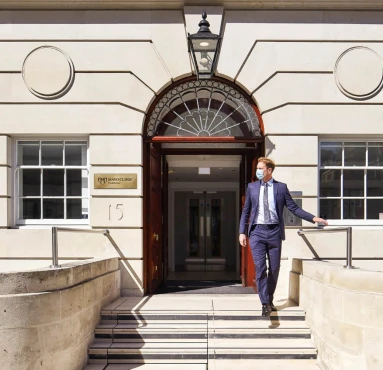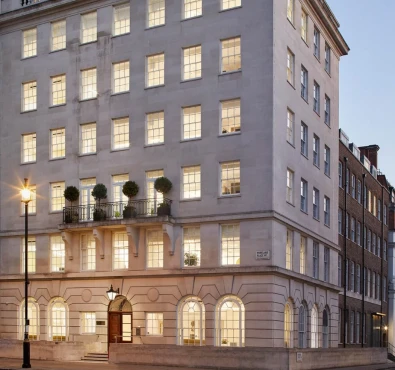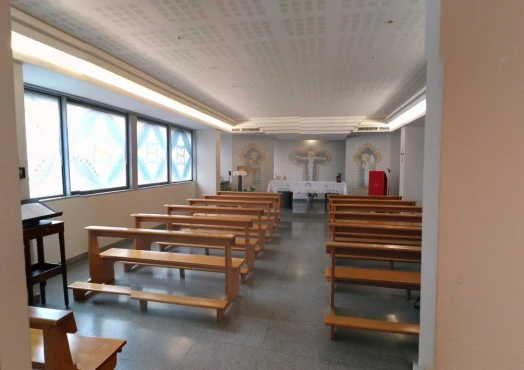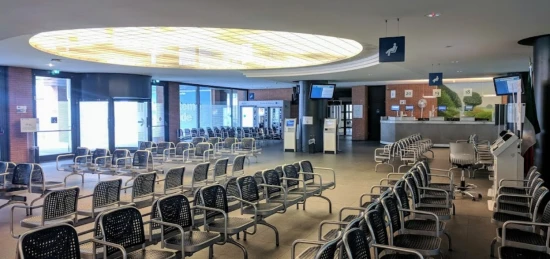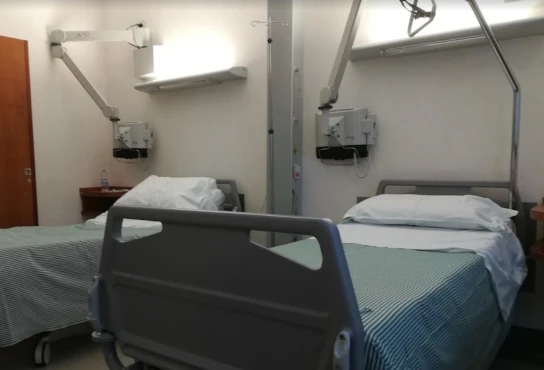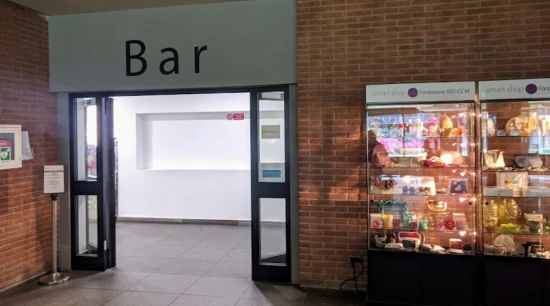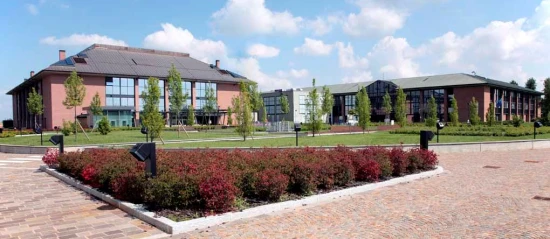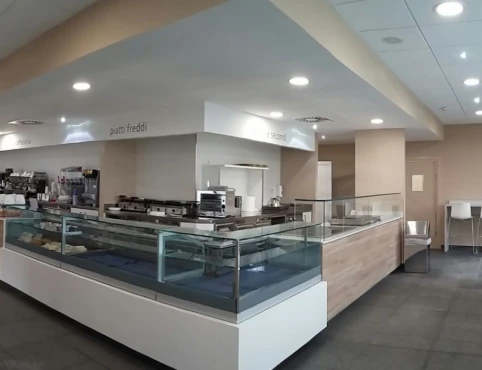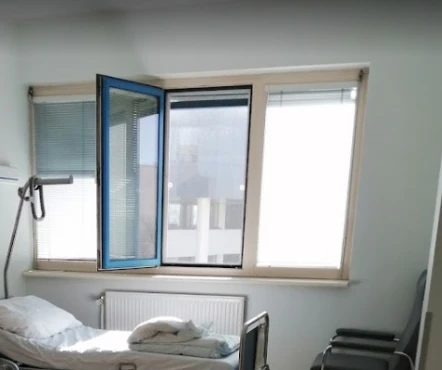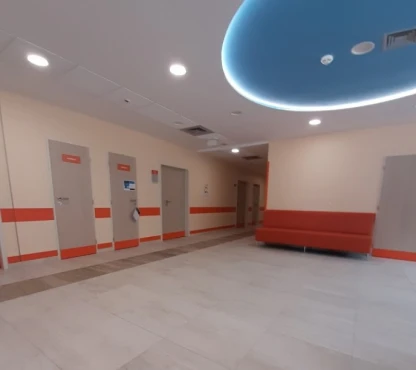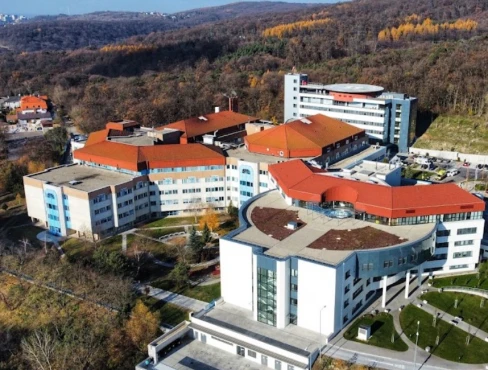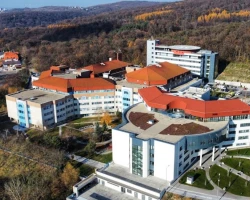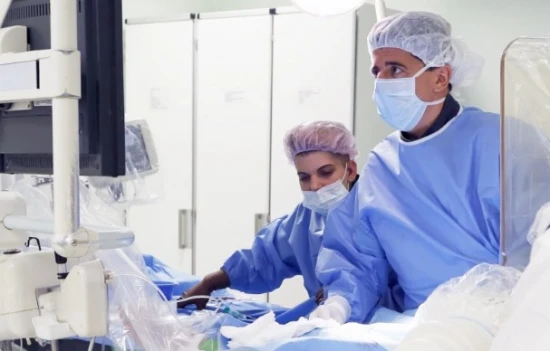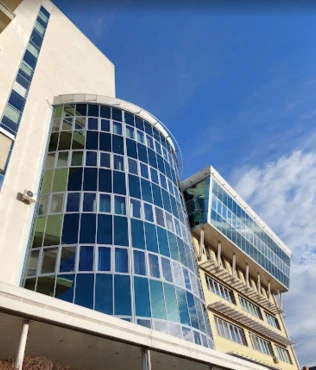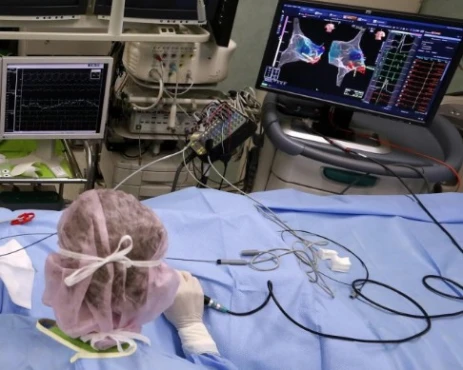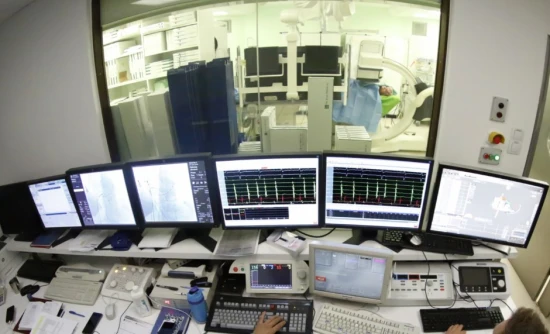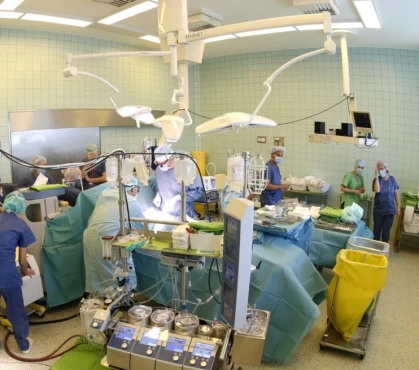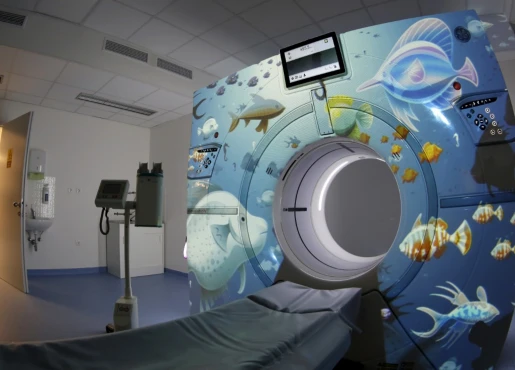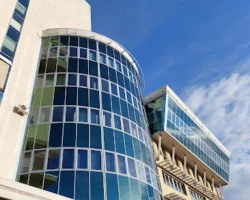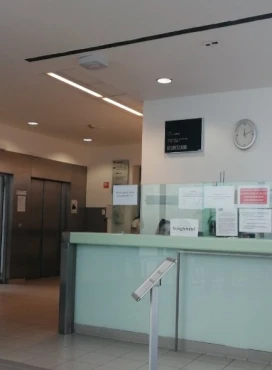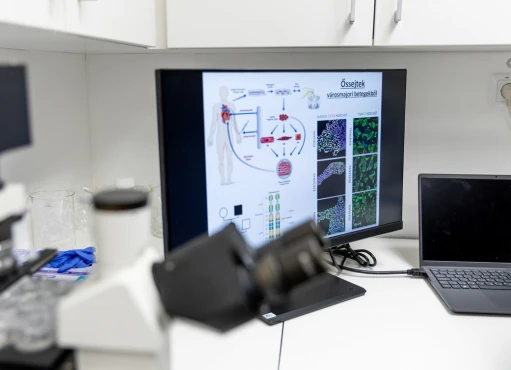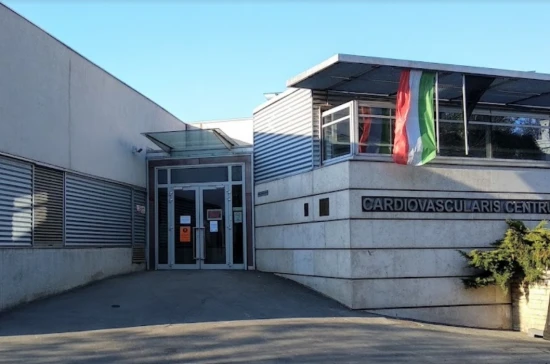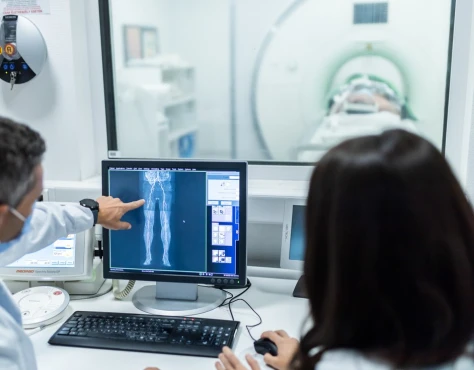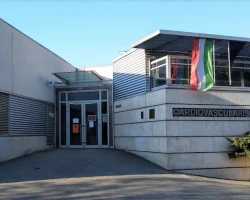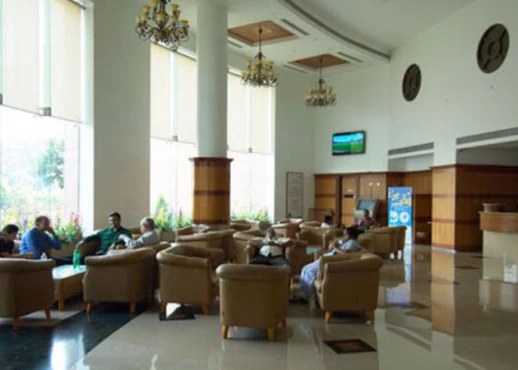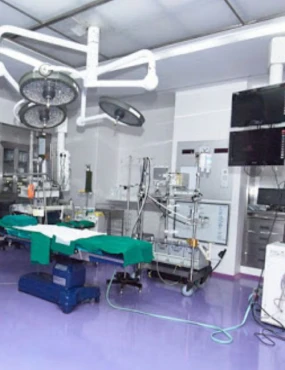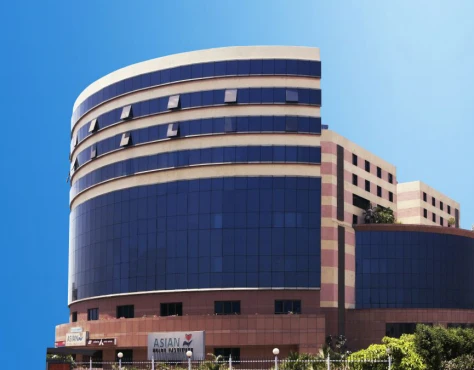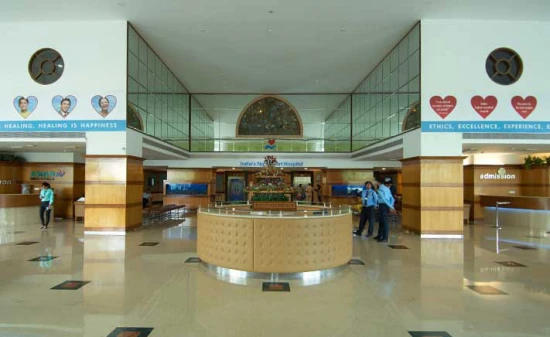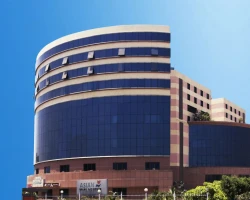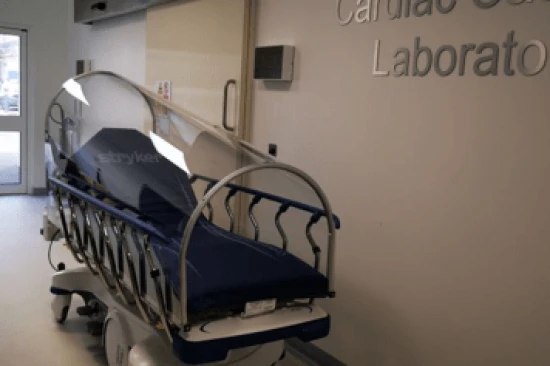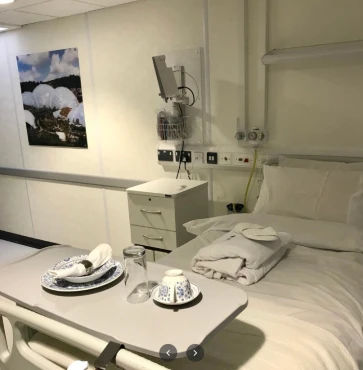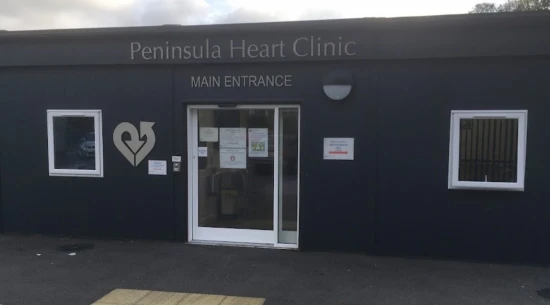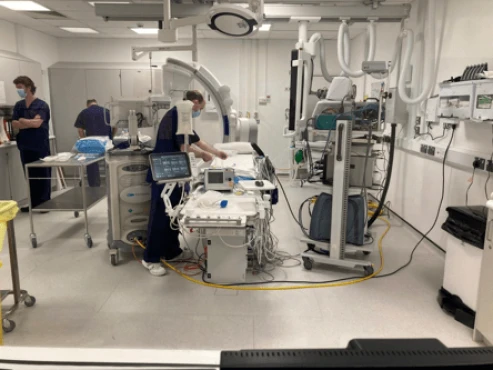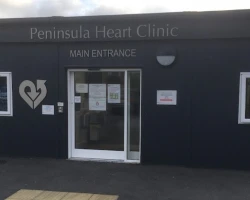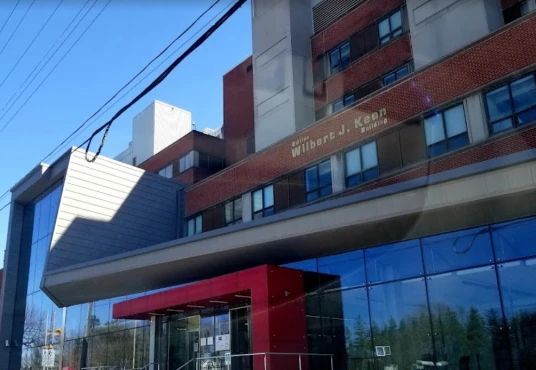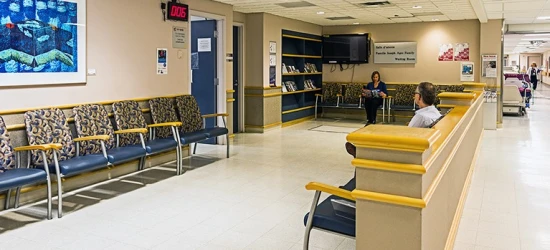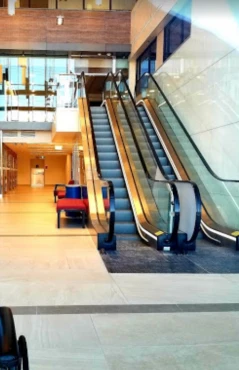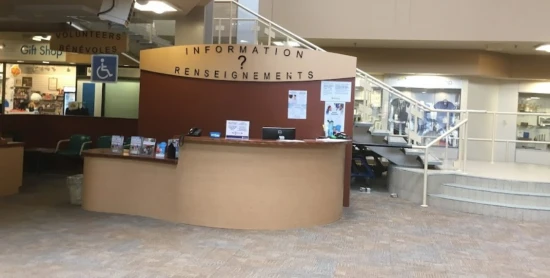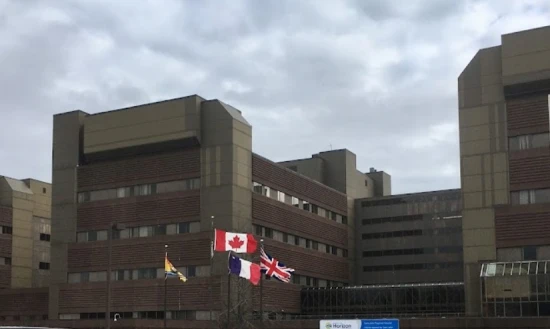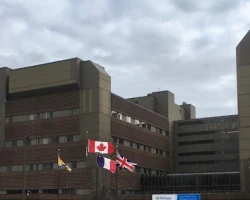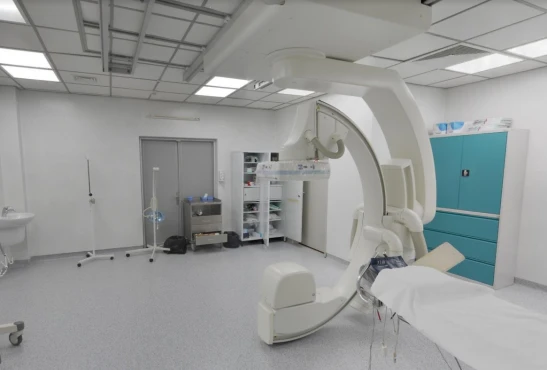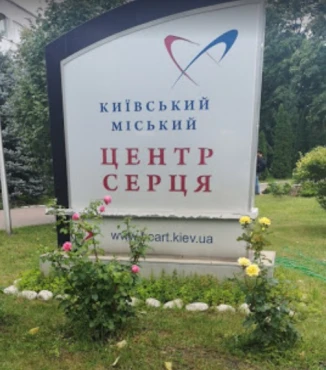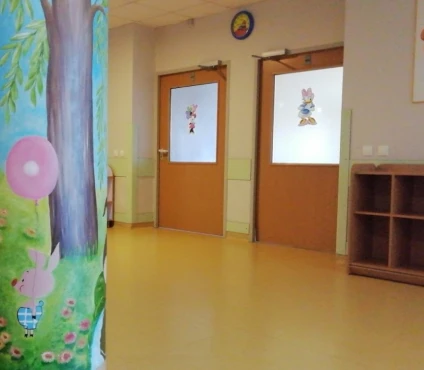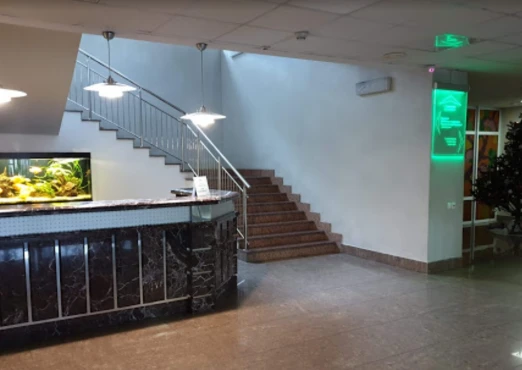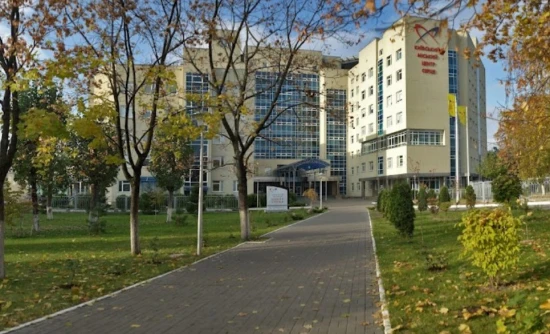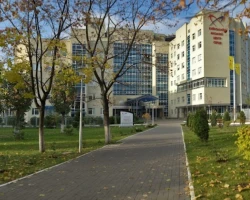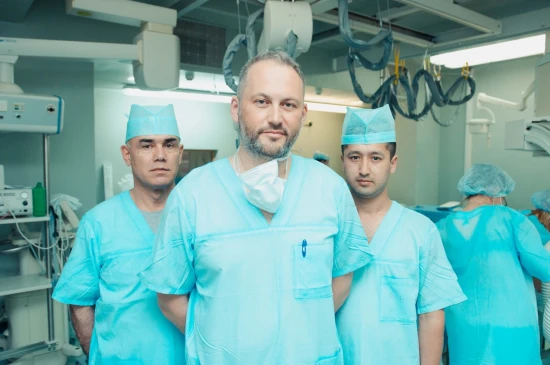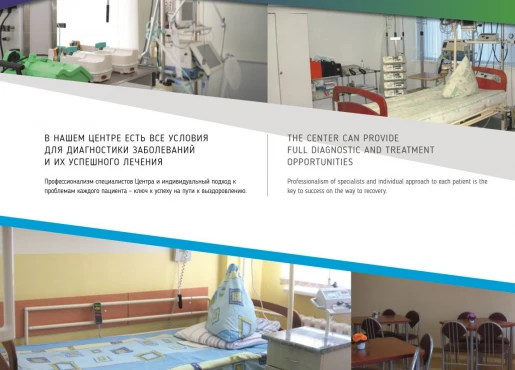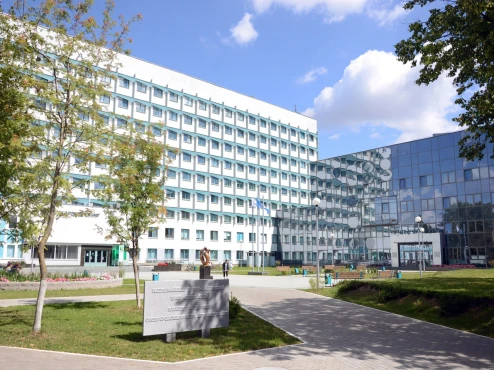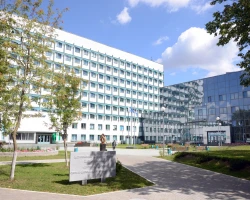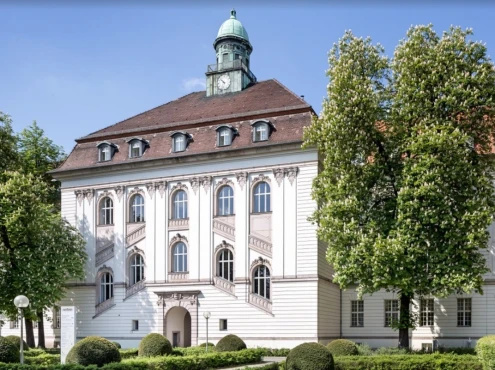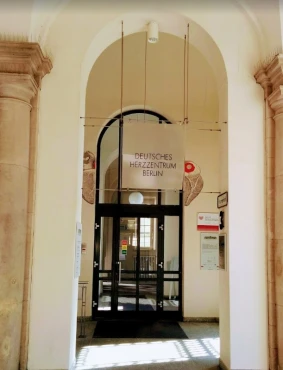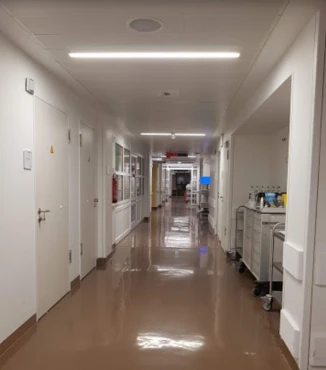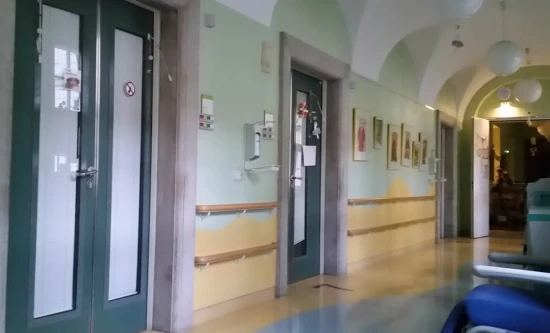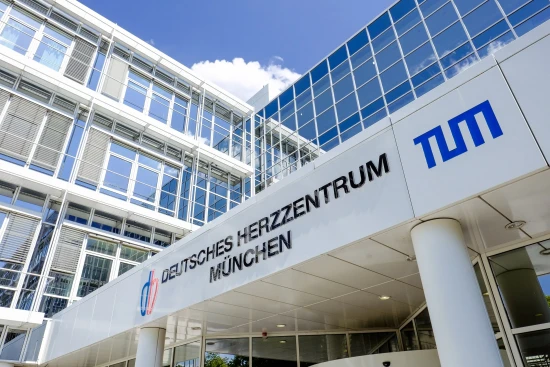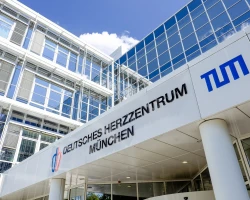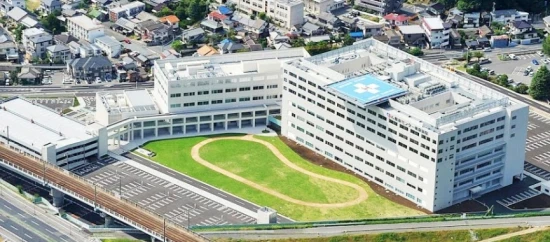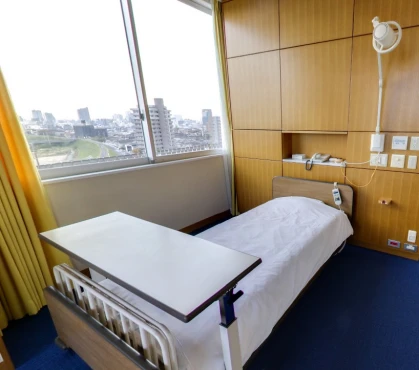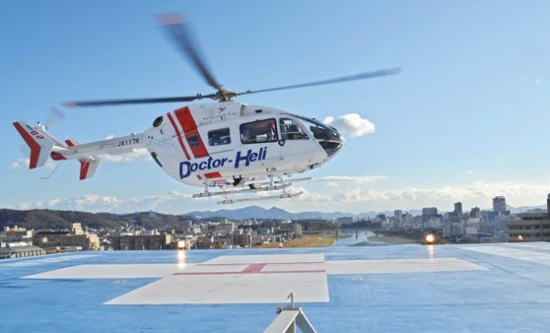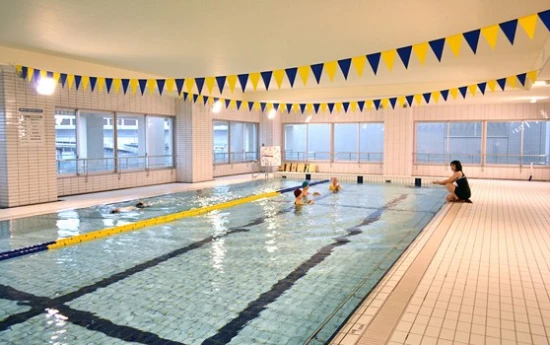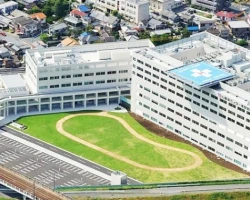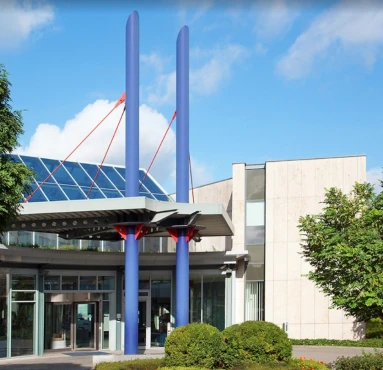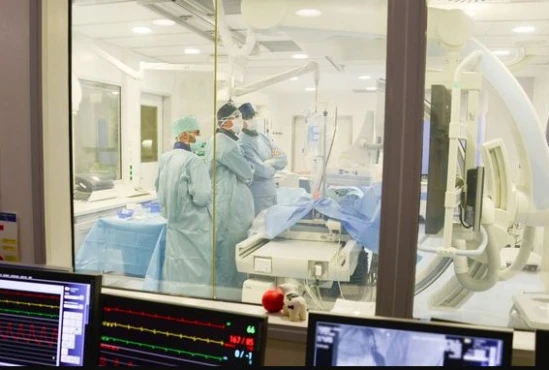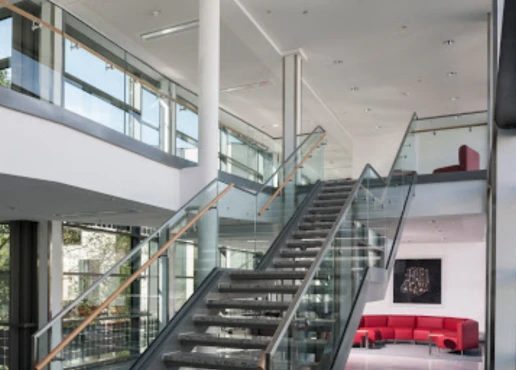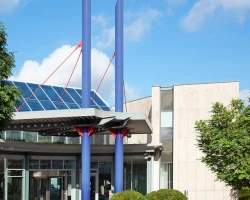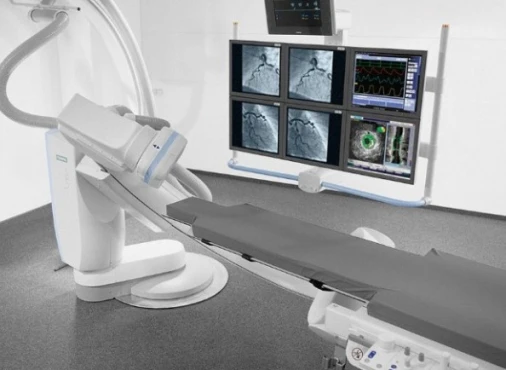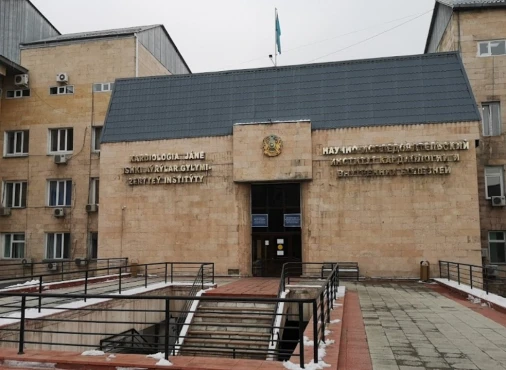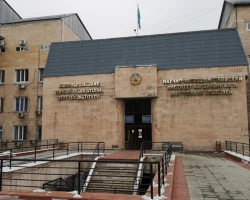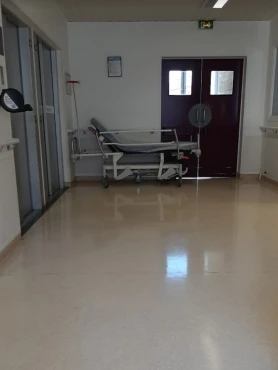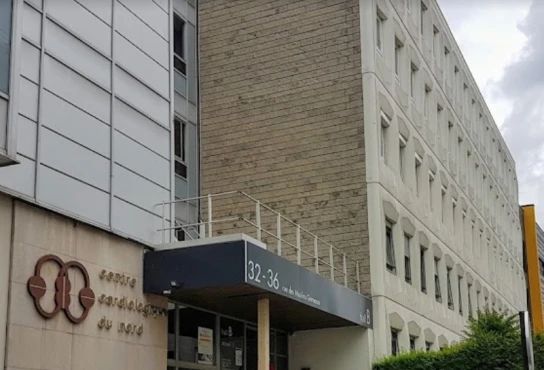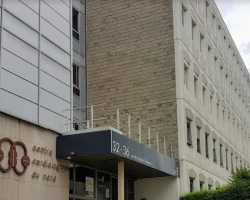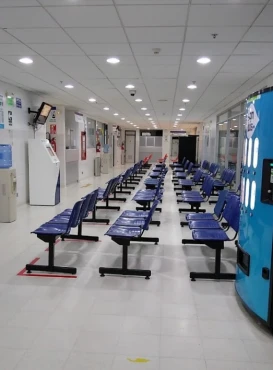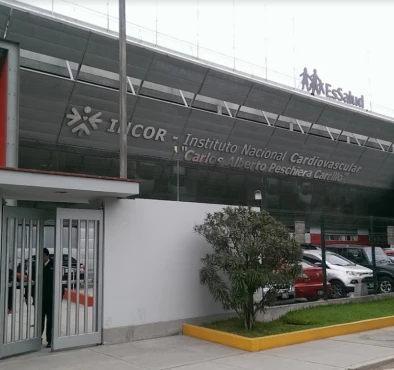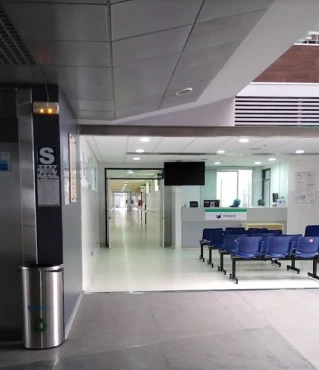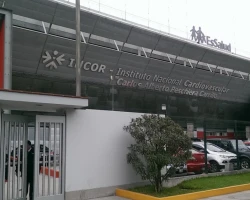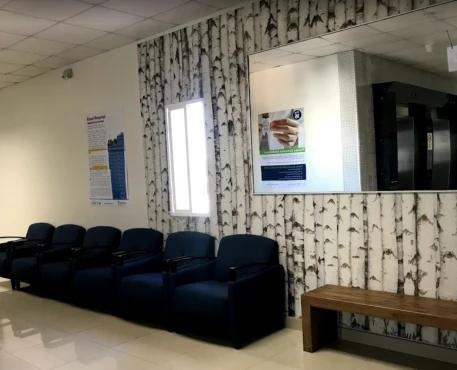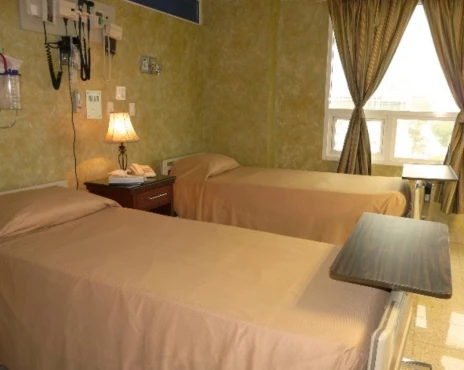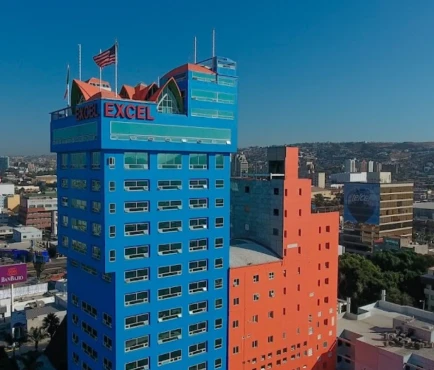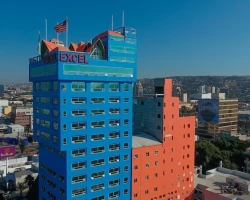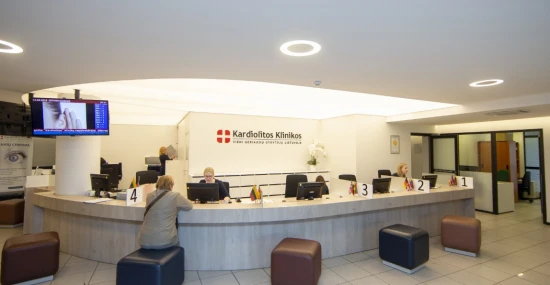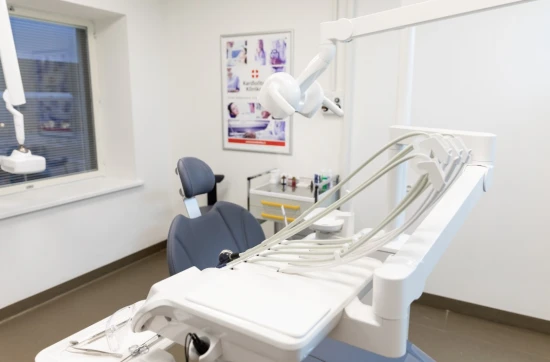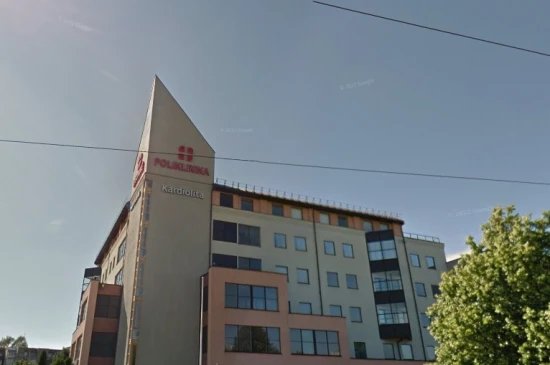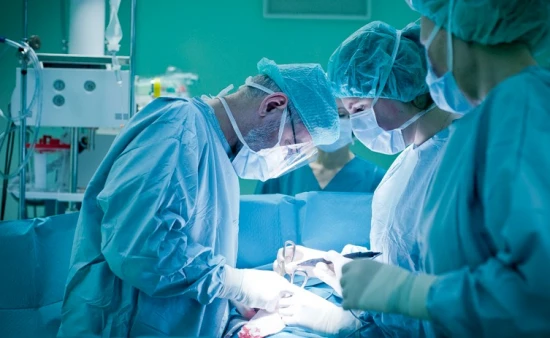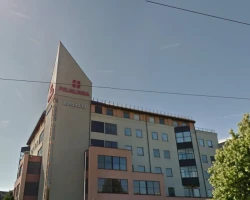Treatment of CHF
Treatment of chronic heart failure (CHF) is an urgent topic for a large number of patients. It is estimated that approximately every hundredth person suffers from CHF worldwide. Men get sick more often. In this article, we will analyze the stages of treatment of this pathology, medications, and also briefly remind readers what this condition is.
Before proceeding to the presentation of the material, we would like to remind you that the article is informational in nature. You should not self-medicate and arbitrarily change the therapy of chronic heart failure prescribed by a qualified doctor.
What is chronic heart failure?
Chronic heart failure is a syndrome (a complex of symptoms) in which the heart is unable to properly perform its main function — to pump blood through the body. With CHF, the ejection fraction (the proportion of blood ejected from the left ventricle into the aorta during each contraction) is less than 40%.
As a result of insufficient blood supply of tissues and organs of the body, typical symptoms and signs of pathology appear (for example, shortness of breath, swelling of the lower extremities, wheezing in the lungs). The basis of diagnosis is the examination of the patient by a doctor, as well as ultrasound examination.
Speaking of treatment, it is important to mention that the management of patients depends on several indicators, including the severity of heart failure. In clinical practice, the classifications of the left ventricular ejection fraction and NYHA (New York Heart Association) are mainly used. The latter takes into account the appearance of symptoms depending on the intensity of physical activity and is divided into four functional classes: from the absence of manifestations during normal physical activity to the presence of signs of CHF in the patient even at rest (shortness of breath, palpitations, etc.).
The main causes of CHF include:
- arterial hypertension;
- coronary heart disease;
- cardiomyopathy;
- heart defects (both congenital and acquired);
- arrhythmias;
- obesity, diabetes mellitus;
- immunological or genetic factors.
How does the treatment of CHF begin?
After a thorough diagnosis and detection of concomitant diseases, the doctor first of all recommends lifestyle modification. Patients with CHF, along with medication, should follow the following rules:
- Limit salt intake to three grams per day (with severe CHF — up to one).
- Limit water intake.
- Take measures to reduce body weight to normal.
- Give up tobacco use.
- Engage in physical activity, the amount of which depends on the severity of CHF and concomitant pathology. Aerobic exercises (for example, walking or swimming) are often used. It is important that the patient chooses the type of activity that he likes (in the absence of contraindications). This can increase the involvement in the treatment process.
Drug treatment: what drugs are used for the treatment of CHF?
- Angiotensin converting enzyme inhibitors - ACE inhibitors.
In order to describe the mechanisms of action of this group of drugs, it is necessary to recall what the renin-angiotensin-aldosterone system (RAAS) is. RAAS consists of three hormones: renin, angiotensin II and aldosterone. The system is important for regulating blood pressure and fluid balance. When it is activated, fluid retention in the body and an increase in blood pressure occurs.
ACE inhibitors block one of the components of the RAAS (as the name of the angiotensin converting enzyme makes clear). This prevents the retention of excess fluid in the body of a patient with CHF. In addition, drugs from this group have cardio- and nephroprotective effects (protect against damage to the heart and kidneys). The main side effects are cough and increased potassium levels in the blood (hyperkalemia). - Angiotensin receptor blockers (ARBs), which are also often called sartans.
This group of drugs also affects the work of the RAAS, namely, it blocks specific structures (angiotensin receptors). As a result, angiotensin has no effect on human tissues. ARBs are often prescribed to patients with ACE intolerance and asthma.
Sartans include such medicines as, for example, Losartan, Valsartan, Irbesartan, Telmisartan. Both ACE inhibitors and ARBs are not used for the treatment of heart failure in pregnant women, patients with the last stages of renal failure, as well as with an increase in potassium levels in the blood. - B-adrenoblockers.
Adrenoreceptors in the human body perform a number of important functions, including playing a key role in the regulation of blood pressure. They are divided into alpha and beta receptors. Modern B-blockers for the treatment of CHF act mainly on beta-receptors. The latter are located mainly in the heart, and their stimulation leads to an increase in heart rate. Thus, by blocking beta-receptors, medications for CHF reduce the work of the heart muscle and the load on it.
Modern B-blockers for the treatment of heart pathology include: Metoprolol, Carvedilol, Nebivalol. This group of drugs is also in the vast majority of cases not used in the treatment of pregnant patients, as well as people with bronchial asthma, chronic obstructive pulmonary disease, various blockades (for example, atrioventricular, when the pulse for heart contraction cannot pass from the atria to the ventricles). - Blockers (antagonists) of calcium channels.
This group of drugs mainly expands the lumen of blood vessels, which helps to reduce blood pressure and reduce the load on the heart. Depending on the structure, calcium channel blockers are divided into dihydropyridine (amlodipine, nifedipine, etc.) and non-dihydropyridine (verapamil, diltiazem). It should be noted that not all drugs from this group are used in the treatment of CHF. The doctor usually avoids prescribing non-dihydropyridine and short-acting dihydropyridine antagonists because of their ability to retain fluid in the human body.
This group of drugs is also contraindicated in pregnancy, low heart rate and the presence of heart blockages. - Diuretics.
These drugs increase diuresis (the volume of urine excreted), reduce blood volume and thereby reduce blood pressure. They have several mechanisms of action.
Thiazide and thiazide-like diuretics (e.g. hydrochlorothiazide). The peculiarity of these drugs is that they, together with the liquid, remove calcium, potassium and sodium from the body. That is why when using this type of diuretics, the doctor must monitor the patient's electrolyte balance.
Potassium-sparing diuretics (aldosterone antagonists, e.g. eplerenone and spironolactone). These drugs have a lesser effect on the electrolyte balance, however, they can cause gynecomastia — an increase in the mammary glands in males.
Loop diuretics. Their action is quick and short-lived. Furosemide is most commonly used. - Other drugs.
Ivabradine. It is usually prescribed to patients who are contraindicated beta-blockers.
Cardiac glycosides, which include, for example, amygdalin. Nowadays, this group of drugs is almost not used, as it often causes arrhythmias.
Invasive methods of treatment of chronic heart failure
- Implantation of a resynchronization system.
This method synchronizes both ventricles and improves the pumping function of the heart. This is achieved by the fact that the doctor implants electrodes in the left and right ventricles of the heart. The system can also have the function of a cardioverter-defibrillator (a device for normalizing the activity of the heart in case of arrhythmia). - Treatment of heart defects.
Often, with the formation of heart failure, there is also a violation of the function of the heart valves.
Therefore, to improve the functioning of the heart, patients undergo such interventions as plastic surgery or implantation of artificial valves. - Heart transplant.
This procedure is performed in patients who have severe CHF that is resistant to conservative treatment.
What medications does the doctor avoid for the treatment of concomitant pathology in patients with CHF?
Such drugs include those that increase fluid retention in the body or increase the risk of exacerbation of CHF. Here are some of them:
- nonsteroidal anti-inflammatory drugs and steroid hormones;
- alpha blockers;
- the aforementioned non-dihydropyridine and short-acting dihydropyridine calcium channel antagonists;
- antiarrhythmic drugs of class Ic and Ia;
- Lithium salts.
Resume
Heart failure is a condition in which the function of the heart is insufficient to ensure an adequate supply of oxygen and nutrients to the tissues. Treatment of this pathology includes drugs that block the RAAS system (ACE inhibitors and sartans, aldosterone antagonists), diuretics, beta blockers and other agents, as well as invasive treatment.
A special role in the management of patients is occupied by the patient's adherence to treatment. It is very important for a person with heart failure to strictly follow all the prescriptions of a qualified doctor. Also, the choice of drugs and treatment strategies is largely determined by the characteristics of the patient, therefore, as noted earlier, it is impossible to prescribe certain medications to yourself or use treatment that has been prescribed to another person.
References:
- Harrison`s Principles of Internal Medicine 19/E (Vol.1). Dennis Kasper, Anthony Fauci, Stephen Hauseret all. McGraw-HillEducation 2015 ISBN: 0071802134 ISBN-13(EAN): 9780071802130.
- Ponikowski, P., Voors, A. A., Anker, S. D., Bueno, H., Cleland, J., Coats, A., Falk, V., González-Juanatey, J. R., Harjola, V. P., Jankowska, E. A., Jessup, M., Linde, C., Nihoyannopoulos, P., Parissis, J. T., Pieske, B., Riley, J. P., Rosano, G., Ruilope, L. M., Ruschitzka, F., Rutten, F. H., … ESC Scientific Document Group (2016). 2016 ESC Guidelines for the diagnosis and treatment of acute and chronic heart failure: The Task Force for the diagnosis and treatment of acute and chronic heart failure of the European Society of Cardiology (ESC)Developed with the special contribution of the Heart Failure Association (HFA) of the ESC. European heart journal, 37(27), 2129–2200.
- Chronic heart failure. Clinical Guidelines 2020. Russian Journal of Cardiology. 2020;25(11):4083. doi:10.15829/1560-4071-2020-4083.
